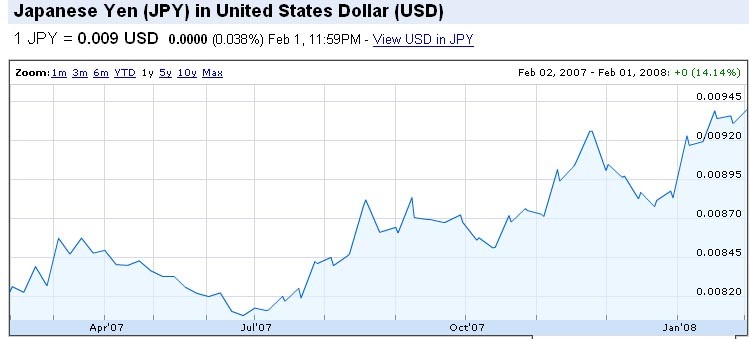RecessionProof Your Investments How to RecessionProof Your Investment Portfolio
Post on: 20 Июль, 2015 No Comment

Shore Up Investments During Slow Economic Times
Recessions are a daunting time for investors. When once-solid stocks and real estate values head downward, they can threaten the overall value and durability of an investment portfolio. But savvy investors can recession-proof their portfolios by understanding and taking advantage of recurring trends in the business cycle.
Understanding Recessions
The first step in properly planning for recessions is to understand what they are. Simply put, recessions are general slowdowns in economic activity that last for two or more quarters. The harshest recession of all time was the Great Depression, which began in 1929. Since then, US fiscal policy has been designed to soften the overall impact of a recession, which is why there has never been another Great Depression.
An economy can enter recession for many reasons: rising energy prices, investment bubbles (such as the dot-com era and the real estate run-up of 2001 to 2007), bad central banking policies, etc. But however a recession begins, it is distinguished by a sharp decline in stock prices and real estate.
Recession Investment Strategy
That said, recessions also present opportunities for long-term investors, such as those planning ahead for retirement. Here are five specific domains that recession-sensitive investors ought to mine for opportunities:
1. Blue Chips. Recessions create an irrational atmosphere of panic that taints all stocks with the same brush, causing solid blue-chip company stocks to fall as quickly as the stocks of fly-by-night companies. The reality is that most large companies with proven histories of performance, such as Wal-Mart or Microsoft, fully recover from recessions. Thus, recessions are the perfect opportunity to pad your portfolio with suddenly bargain-priced blue-chip stocks.
2. Recession-Proof Industries. During a recession, certain industries keep going strong. Consider education, medical services, the cash advance industry, entertainment and military stocks as examples of traditionally recession-proof investments.
3. Foreign Investment. In 50 years, the US has gone from producing more than 60% of the world’s goods to producing about a fourth. The economies of China, Europe and India are becoming increasingly prominent in the global economy and are growing much faster than the US economy, presenting an opportunity to find high-growth stocks abroad.
4. Precious Metals. Given their long history as stable destinations for investment, gold and, to a lesser extent, other precious metals are especially attractive in times of recession.
5. Tax-Free Investments. Investing in certain instruments such as Treasury bills, notes, bonds, municipal bonds and more can allow you to insulate yourself from local, state or federal income tax. During a recession, investments that provide modest but tax-exempt returns can bring reliability and predictability to your portfolio.
Recession or Not, Always Do Your Due Diligence
Although general trends apply during each recession, there is no guaranteed way of taking advantage of them. During every recession, some investments that ought to do well do badly, and some investments that ought to do badly do well. Thus, you must continue to conduct your due diligence and diversify your portfolio if you hope to ride out future recessions.














